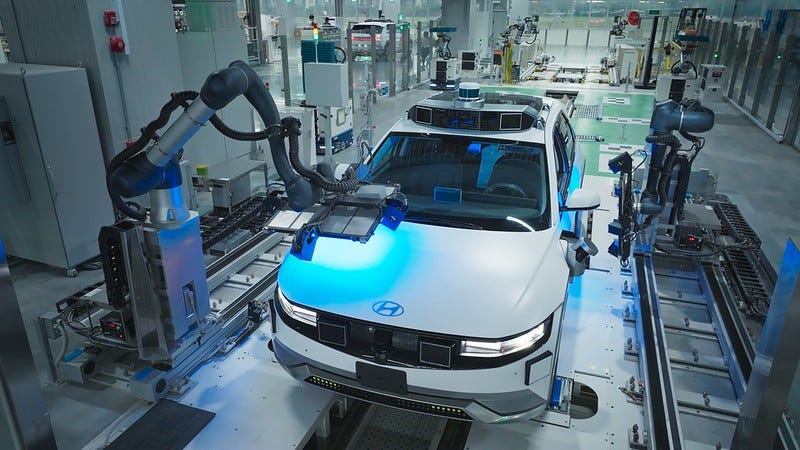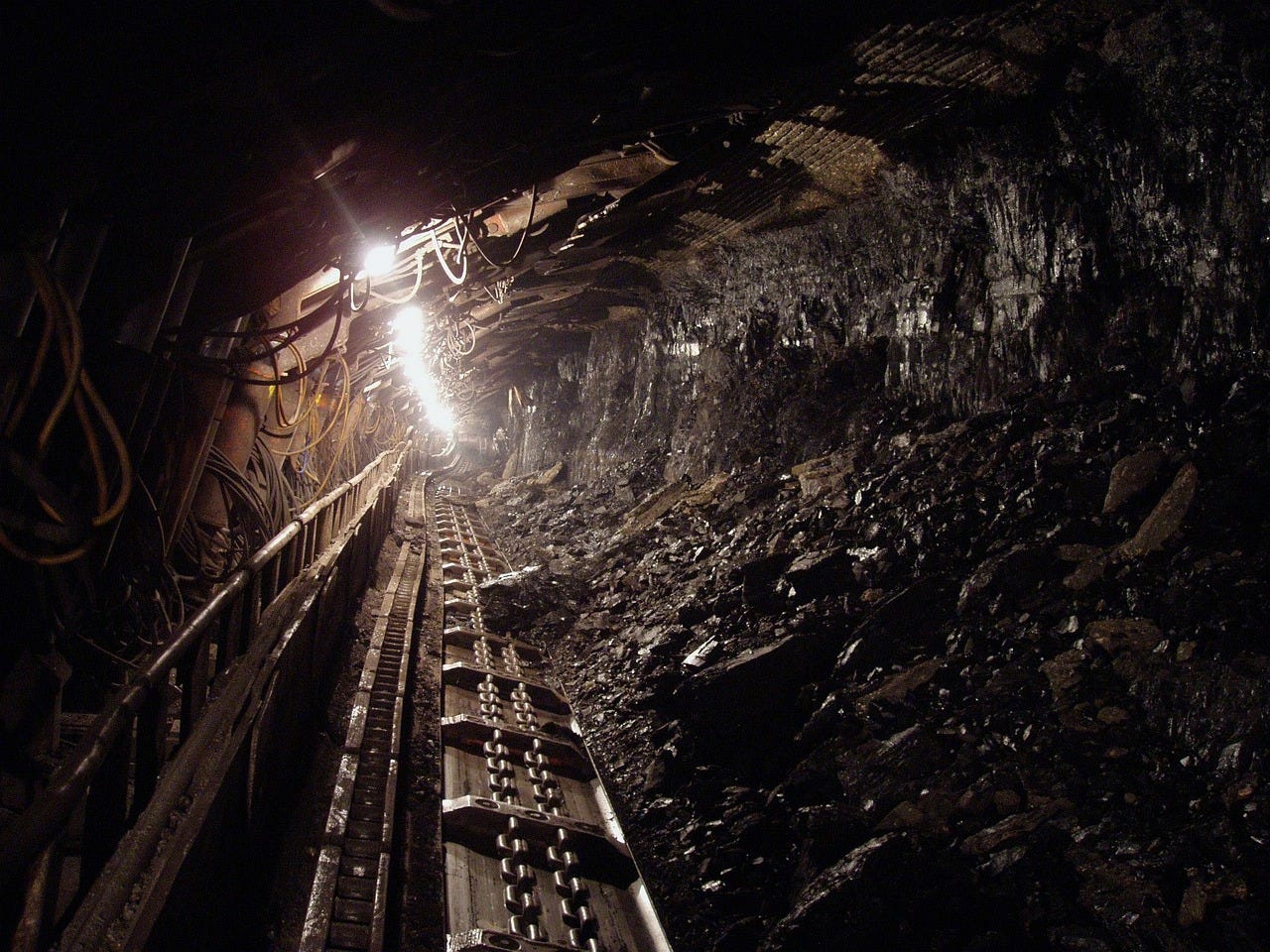South Korea martial law shock upends markets, ripples thru clean tech
Plus, Texas climate lawsuit attacks core principles of ESG investing
In today’s edition:
— South Korea’s shock declaration of martial law may be lifted, but will still be felt worldwide
— EV battery maker Redwood Materials tells the WSJ it expects $200 million in revenue this year
— Texas climate investing suit attacks core ESG practices at BlackRock, Vanguard, State Street
— UN releases video showing how developing nations getting whacked by global warming
— Fresh water levels around the world dropped suddenly in 2014 and haven’t recovered
— NASA develops global sea level website to help predict rising waters over next few decades
South Korea’s shock declaration of emergency martial law Tuesday, soon to be lifted after a day of drama and chaos, upended markets and threw all sorts of geopolitical assumptions about Asia into disarray. The South Korean won plunged against the dollar and shares of tech giant Samsung fell in London immediately on the news.
South Korean car manufacturer Hyundai and its subsidiary, Kia, together represent the No. 2 electric vehicle seller in the U.S., behind Tesla TSLA 0.00%↑. Several American companies also have significant operations in South Korea, including Chevron CVX 0.00%↑, Microsoft MSFT 0.00%↑, Apple AAPL 0.00%↑ and General Motors GM 0.00%↑, and the country plays a major role in Asian supply chains.
While South Korea’s Parliament has voted to rescind the declaration by President Yoon Suk Yeol, the situation is still fluid as of this writing. President Yoon said about an hour ago that he would lift the order, but he is waiting for a full cabinet meeting before he does. Whatever happens, the news is a signal that global politics is an unstable force and can impact markets at any time, even at the peak of a bull market as we’re seeing now.
South Korea is not a big player in the global clean energy transition. Solar and wind energy count for only about 8% or 9% of its domestic energy usage, with most of the rest being fossil fuels. The country has pledged to be at 20% by 2030. South Korea is also no stranger to martial law, although the last time it declared it was 1979, which lasted two years.
Still, the declaration thrusts the global spotlight back to Asia at a tense time in global politics, with President-elect Donald Trump poised to take power next month, France about to scrap its government, North Korean troops in Ukraine, and Russia stepping up a sabotage campaign across Western Europe.
In times like these, currency markets usually set the pace. Investors in clean tech markets around the world should pay close attention to North Korea’s next move, as well as China, which can be a stabilizer if it wants to be.
Don’t forget to contact me directly if you have suggestions or ideas dcallaway@callawayclimateinsights.com.
Follow us . . . .
Twitter | LinkedIn | Facebook | Instagram
Tuesday’s subscriber insights
Texas climate suit attacks core ESG practices at Vanguard, BlackRock, State Street
Keep reading with a 7-day free trial
Subscribe to Callaway Climate Insights to keep reading this post and get 7 days of free access to the full post archives.



